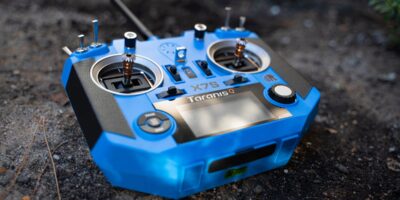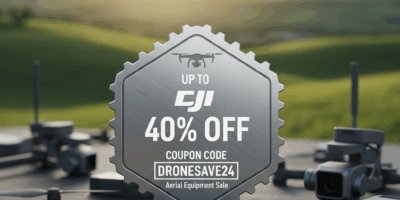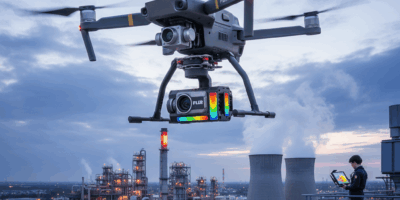Drone Exploring UAS Drone Jobs: Oppo guidance has gotten complicated with all the outdated regulations and conflicting advice flying around. Here’s what you actually need to know.
Exploring UAS Drone Jobs: Opportunities and Insights
The field of unmanned aerial systems (UAS) continues to grow rapi



